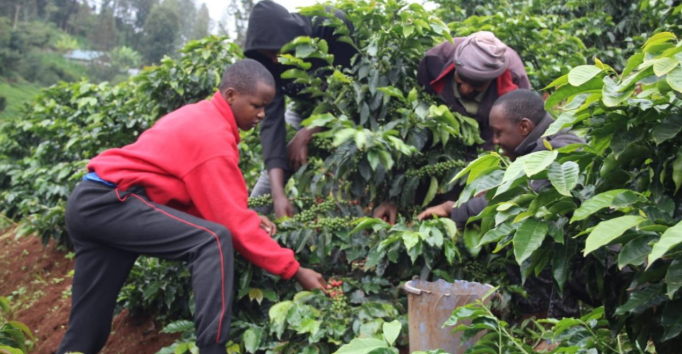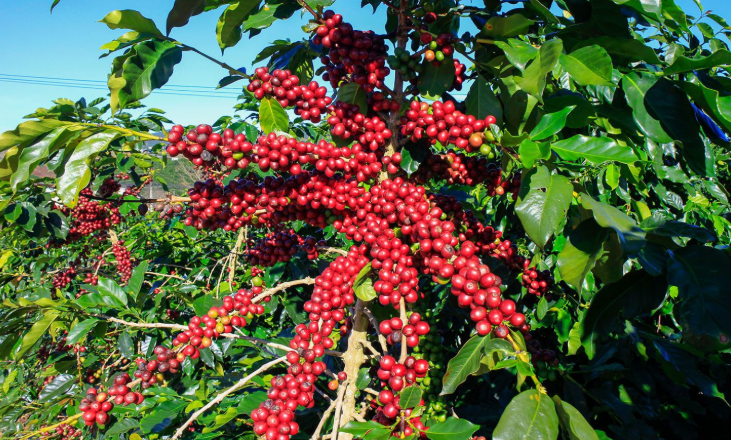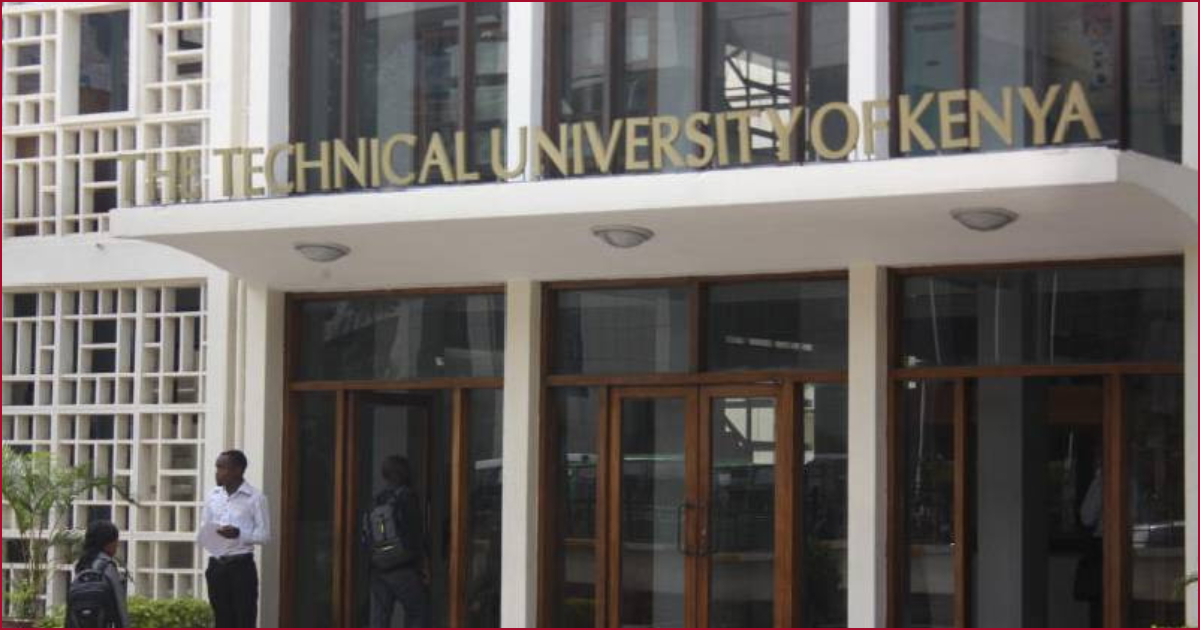Kenya's Agriculture and Food Authority has ramped up efforts to align with new European Union trade requirements that could significantly impact the country’s coffee exports.
In a statement released on Monday, July 28, the Authority confirmed that Kenya is actively working to comply with the European Union Deforestation Regulation (EUDR).
This regulation mandates that all agricultural commodities exported to the EU be proven deforestation-free and traceable to land that has not experienced forest loss after December 31, 2020.
The regulation, which came into force on June 30, 2023, primarily targets high-risk commodities for contributing to global deforestation. These include coffee, cocoa, soy, beef, palm oil, rubber, and wood.
Although the EU had initially set December 30, 2024, as the enforcement date, implementation was extended by one year to allow exporting countries, including Kenya, adequate time to prepare.
Read More
To meet this deadline, the Ministry of Agriculture and Livestock Development, through the Agriculture and Food Authority (AFA), launched a countrywide mapping exercise of all land parcels under coffee cultivation.

This mapping initiative is being carried out in collaboration with several government agencies, including the Kenya Space Agency (KSA), Kenya Forest Service (KFS), State Department for Agriculture (SDA), State Department for Cooperatives, Directorate of Remote Survey and Remote Sensing (DRSRS), and Kenya Agricultural and Livestock Research Organization (KALRO).
Kenya exports approximately 95% of its coffee, with around 55% destined for EU markets, notably Belgium, Germany, Sweden, and Finland.
“Over the past five years, Kenya exported 122,699 Metric Tonnes (MT) of clean coffee to the EU, valued at USD 695.7 million, equivalent to about KES 90B. Smallholder farmers contribute approximately,” the statement reads in part.
The government reaffirmed its commitment to ensuring that Kenya remains a trusted and sustainable source of coffee for the European Union and the global market.
It emphasized that aligning with the EUDR is essential for trade continuity and a critical step in safeguarding the environment.






